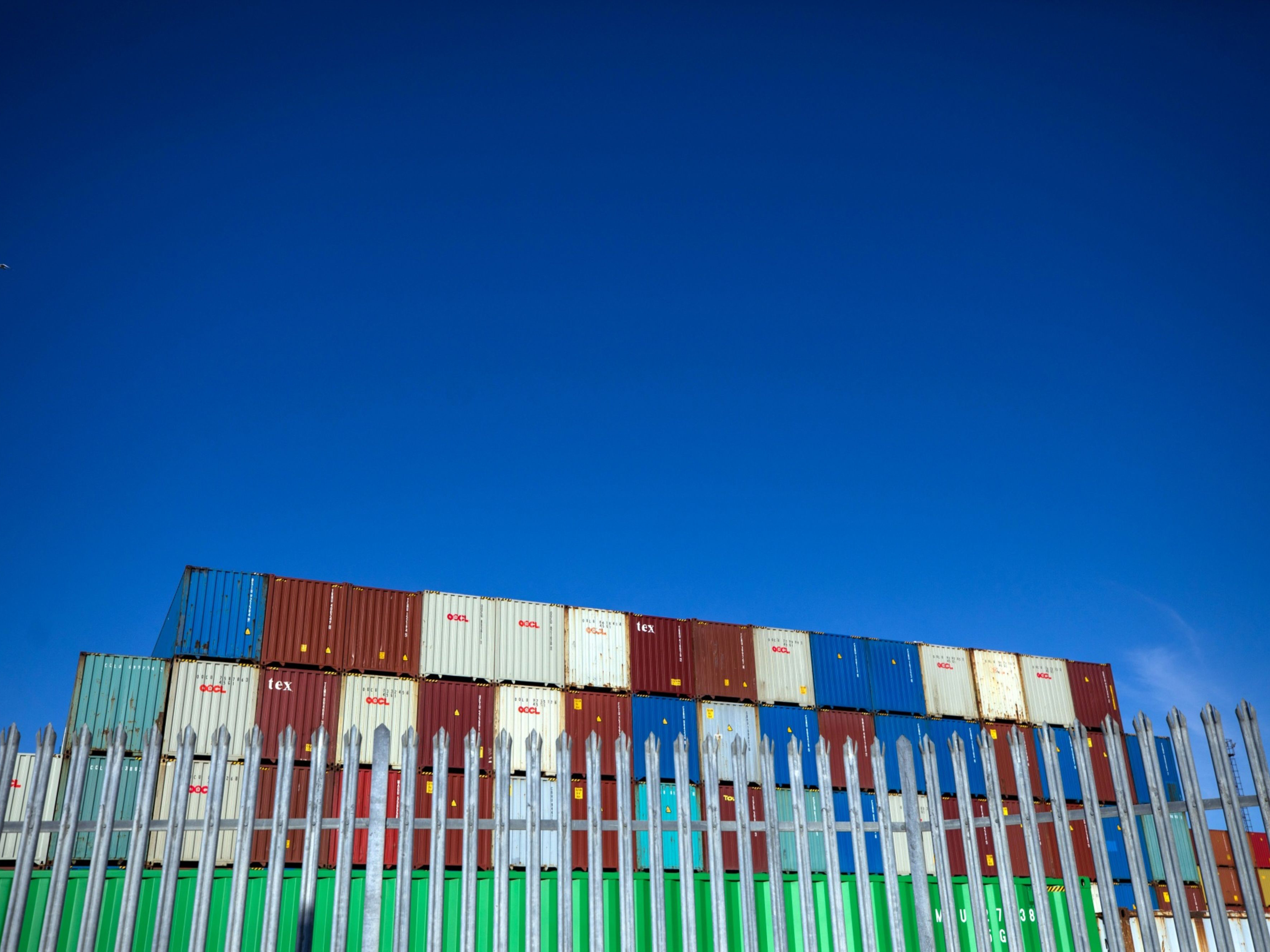
In March, an unexpected supply chain disruption occurred, affecting the global supply chain for six days. The Ever Given, one of the world’s largest container ships, became lodged in the Suez Canal, obstructing the entire passageway.
At least 420 vessels had to either take long detours around Africa’s Cape of Good Hope or postpone their transit. Either of these options cost the companies hundreds of thousands of dollars. The Suez Canal carries over 10% of global trade, which includes 7% of the global oil supply, and as a result there were massive losses of around $9 billion in global trade per day. This disruption exposed many gaps in the global trading system and geopolitical forecasting, but it most certainly underscored dangerous and expensive weaknesses in supply chain management.
From Just-in-Time to Too Much Time
When a crisis of this sort happens, cracks appear, and companies rush to fix them. But responding to a disruption might be more than challenging; it could be impossible. As we unpack the crisis, look at what goods were on the ship and why. The Associated Press reported that the pandemic led to a rise in just-in-time shipping to help suppliers avoid shortages and delays. In effect, ships became warehouses themselves or on-demand suppliers.
Capt. John Konrad, founder and CEO of the shipping news website gcaptain.com, commented: “We’ve gone to this fragile, just-in-time shipping that we saw absolutely break down… We used to have big, fat warehouses in all the countries where the factories pulled supplies… Now these floating ships are the warehouse.”
That’s just one example of a critical weakness that plagues supply chain management: fragmented data. Because companies stored significant inventory on these ships, they had to frantically sort through their data to determine which shipments and orders were most affected by the blockage. Once they knew which inbound inventory would be delayed, they had to analyze the supply chain to map out the impact by hand. Having quantified the impact, they then had to find alternatives to sourcing these goods, either internally or from new suppliers. This all had to happen as fast as possible, to prevent delays that can lead to significant financial losses.
A Connected Supply Chain
According to Deloitte, manufacturing is among the lowest-ranked industry sectors for digital maturity. Universally, there has been a lack of vision and purpose behind organizing and managing supply chain data, which becomes an enormous problem when unprecedented disruptions happen. Fortunately, there’s a move to embrace digital technologies to create connected supply chains that can enable a constant flow of information with real-time insights, analytics, and automation to simplify workflows.
A connected supply chain helps suppliers and manufacturers weather a significant disruption, such as the Suez Canal blockage, and mediate impact before damage takes its toll in the following ways:
- A massive supply shock triggers an immediate notification to the team, informing them of the specific shipments that are delayed due to the disruption.
- All the impacted purchase orders and in-transit inventory are centralized and listed along with the delayed shipments. With just a few clicks, all this data can be viewed and shared.
- Instead of having to do the impact analysis yourself, the system has already sorted through it and immediately presents you with all the downstream effects.
- Lastly, proposed solutions come with analysis. Now, you can see all the alternative ways of sourcing the inventory, with their business impact listed through prescriptive analytics.
Instead of spending weeks on end on fact-finding and research, suppliers and manufacturers can quickly activate solutions with full knowledge of how their decisions will impact their businesses and customers. Now, they can effectively limit financial losses and minimize unexpected shocks. When disruptions inevitably happen, companies will have the information to immediately react and return to their real jobs — getting products out to customers.
Amir Taichman is founding chief executive officer of UnitySCM, provider of a supply chain data cloud.







